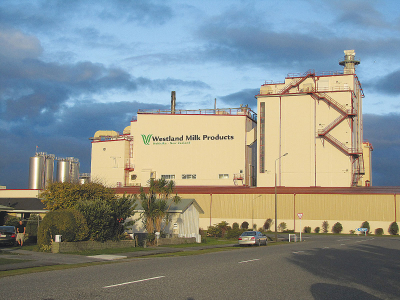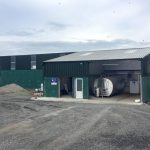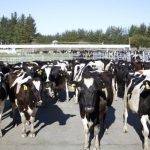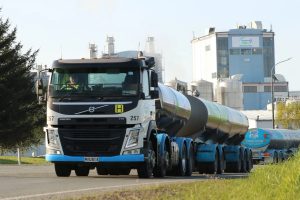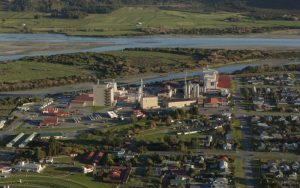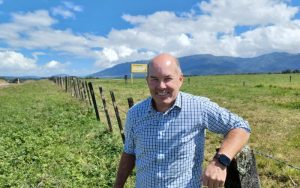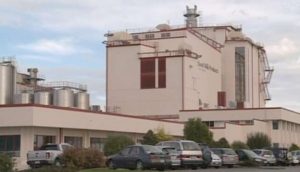
In a submission to the review of the Dairy Industry Restructuring Act (DIRA), Westland says the legislation is still needed, but with some changes. A summary of its submission follows:
During the deliberations that gave birth to the Dairy Industry Restructuring Act 2001 (DIRA), Westland chose to remain an independent processor so as to maintain processing on the West Coast.
The company believes New Zealand needs strong, independent processors that work as part of ‘NZ Inc’ and that it is important to counter any global perception that NZ has a state-supported monopoly.
Westland agrees with our economic experts, TDB, in that the DIRA enabled Fonterra to be set up as a near monopoly/monopsony in NZ’s dairy markets. DIRA was designed to be the counterbalance.
It included provisions designed to foster competition at the farmgate and to protect NZ dairy product consumers.
The key ‘contestability’ provisions that apply to Fonterra are:
– Open entry
– Open exit
– No discrimination between suppliers
– The right for Fonterra suppliers to supply up to 20% of their weekly production to an independent processor
– The setting of the base milk price.
In addition, the Dairy Industry Restructuring (Raw Milk) Regulations 2012 (DIRA regulations) require Fonterra to supply raw milk to Goodman Fielder and independent processors (IPs) subject to certain conditions.
DIRA was originally envisaged as temporary legislation with automatic expiry provisions once certain milk-supply thresholds were met. Those automatic expiry provisions have now been removed.
Westland considers there remains a need for the DIRA. The DIRA contestability provisions have helped protect the long-term interests of NZ dairy farmers, consumers and the nation’s overall economic wellbeing.
It is recognised that the dairy industry’s environmental impact has worsened as intensification has increased and as land has been converted to dairy. We consider that, at the margin, DIRA’s open entry provisions may have contributed to this outcome and could be phased out without imposing significant costs.
We would not want to see unfettered open entry available for new dairy conversions.
The environmental situation has been acknowledged by farmers and efforts are in place to mitigate the adverse effects of dairying. However, any further environmental protections required should be imposed by environmental legislation, such as the Resource Management Act (RMA), rather than through the DIRA.
Although fit for purpose, we recommend these changes to the DIRA, including to the milk price methodology which would increase the transparency of the calculation and appear less manipulated.
We contend that open entry (and open re-entry) could be phased out.
– To be clear, by open entry and re-entry we mean milk from new dairy conversions. We do not mean that Fonterra could choose not to collect milk from an existing dairy farm. Westland does not wish to see a situation whereby any farmer could have their milk not collected.
The base milk price provisions remain crucial but these are changes we recommend:
– Fonterra’s average currency conversion rate should be excluded from the calculation
– Non-Global Dairy Trade (non-GDT) sales should be excluded from the calculation
– The asset beta used should not be that of the hypothetical efficient processor but that of the industry
– Full accounting separation and reporting of Fonterra and Fonterra Brands NZ (FBNZ).
Full accounting separation and reporting of Fonterra and FBNZ is required to ensure that FBNZ’s ability to compete in the domestic market is not being subsidised by another part of the business.
Westland believes there are some unintended outcomes from the DIRA, such as dominant behaviour displayed by Fonterra. To prevent this type of behaviour, we consider the legislation could be strengthened in a way that prevents the ability to abuse market power, and maintains and encourages true contestability.
